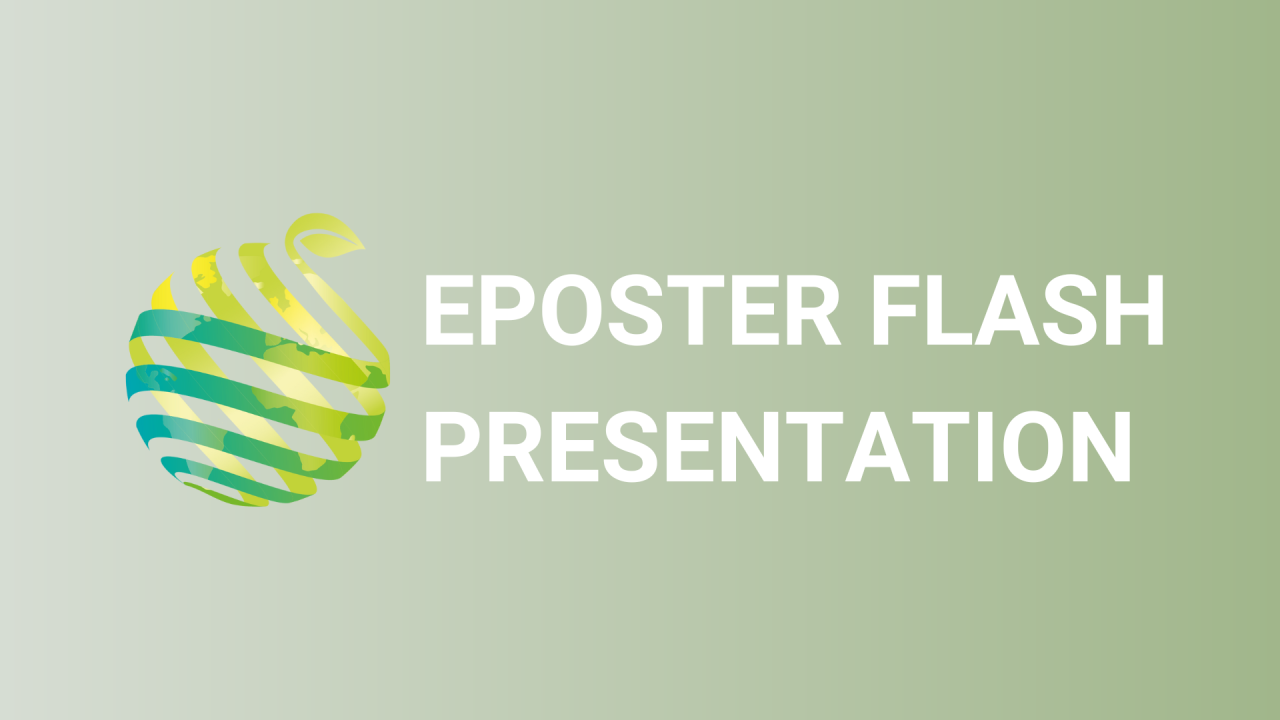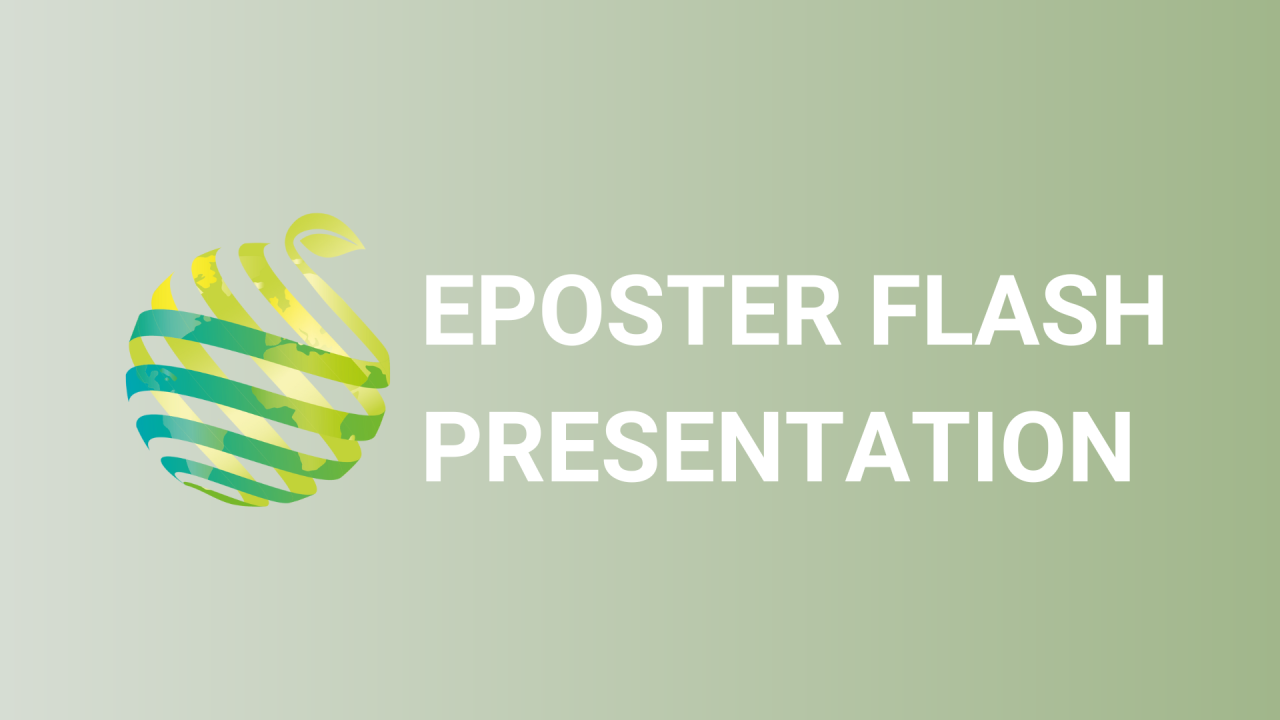

S15 - Session P4 - Scaling suitable, sustainable technologies for smallholder farmers in Cambodia
Information
Authors: Gracie Pekarcik *, David Ader, Rick Bates, Thomas Gill, Hans Goertz, S. Huot
While several agricultural technologies have been successfully piloted on research stations or with small numbers of early adopters, questions remain on how to extend these technologies to large numbers of resource-poor smallholders. The objectives of the Scaling Suitable Sustainable Technologies Project (S3-Cambodia) are to examine pathways for scaling three sustainable intensification (SI) technologies to smallholder farmers: (1) vegetable grafting, (2) post-rice secondary cropping, and (3) wild food plant (WFP) gardens. These technologies promote the diversification and resilience of smallholder agricultural systems by introducing new sources of income and nutrition during seasonal "food gaps." S3-Cambodia is scaling these technologies through two pathways: the private sector and youth engagement. The private sector pathway involves strengthening the participation of farmers, women's groups, cooperatives, and community organizations in local and regional value chains for SI-produced horticulture crops. The youth engagement pathway involves piloting "green labs'' in secondary schools through which students will receive experiential agricultural training and instruction on SI technologies, allowing school communities to evaluate new practices before applying them at the field- or farm-scale. Early results indicate that both pathways are a viable approach to scaling agricultural technologies. To date, 345 individuals have received training on SI technologies and three nurseries have been supported to expand their SI production. Market survey data from 105 farmers and retailers suggest a significant market demand for grafted tomato plants and fruit during the wet season. Preliminary household survey data from 180 high school parents supports the likelihood of agricultural knowledge transfer from student "green labs" to school communities. S3-Cambodia aims to reach 10,000 rice-based farmers across Southeast Asia through the implementation of these scaling pathways. While COVID-19 has disrupted certain scaling efforts, project activities seek to provide a research and evidence base to support the scaling up of SI throughout Southeast Asia.